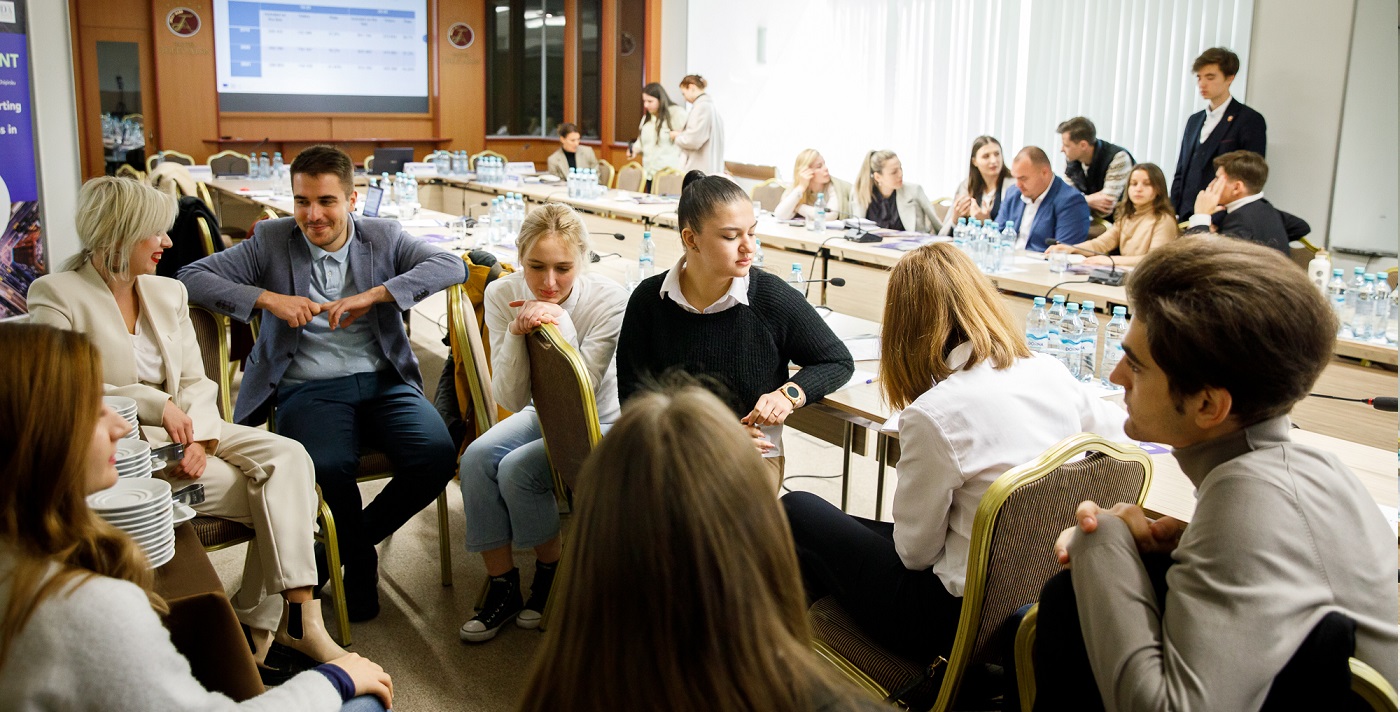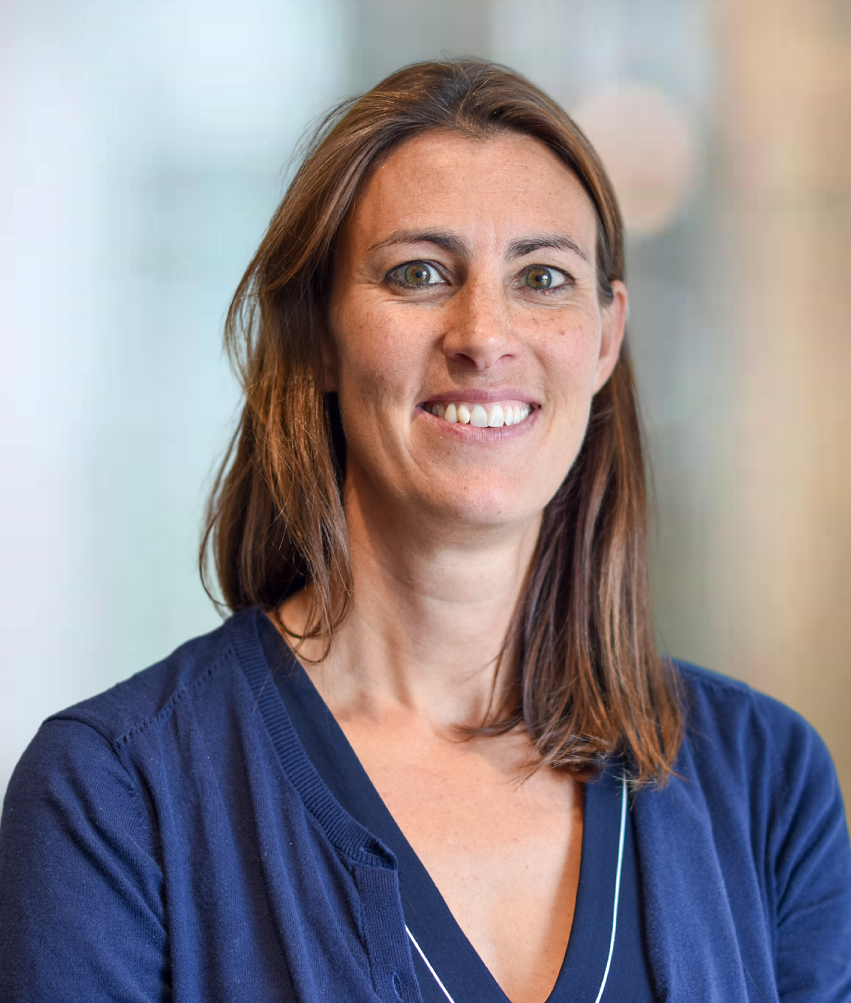Connecting global to local through country-level dialogues on the Summit for Democracy
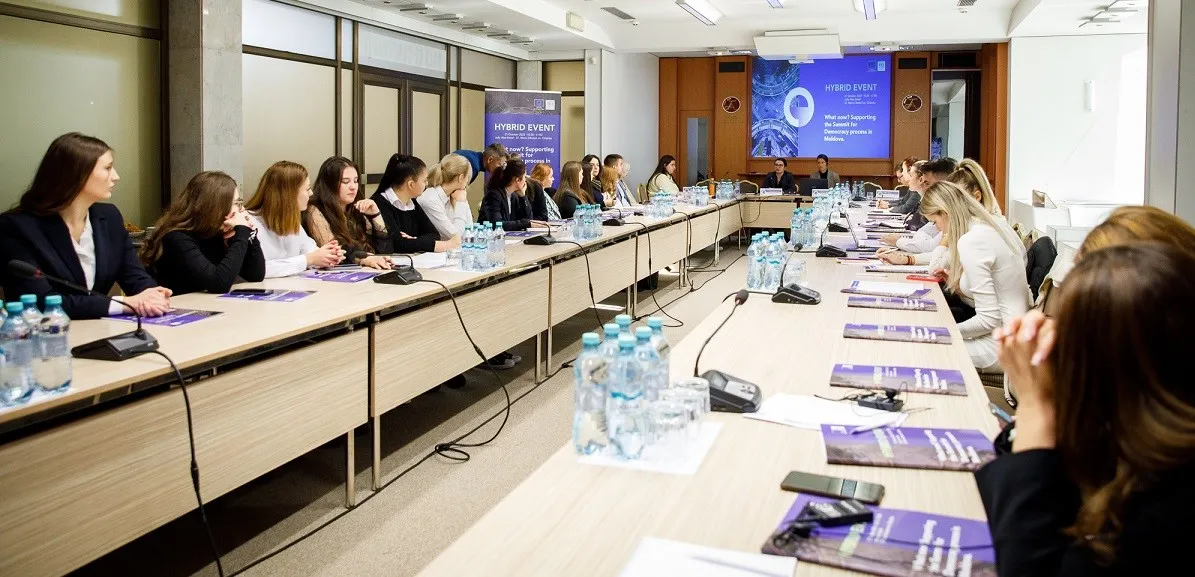
International IDEA, with the support from the European Commission, has been contributing to increasing effective evidence-based and coordinated support for democracy across the world through the Supporting Team Europe Democracy (STED) project. Within this project, the Summit for Democracy (S4D) emerged as a unique opportunity to place democracy at the center of the global agenda.
Leer este artículo en español.
Leaders from around 100 governments announced in December 2021, a series of commitments centred on the Summit’s three thematic pillars: strengthening democracy and countering authoritarianism; fighting corruption; and promoting respect for human rights. While engaging on the first and second Summits for Democracy in 2021 and 2023 respectively and during the Year of Action in 2022, International IDEA and has been working with national civil society organizations (CSOs) to increase their knowledge on the S4D, including national commitments on democracy. The aim of this engagement has been to ensure that national commitments, made by the head of state or government, are more frequently published and discussed at country level with citizens and civil society, and enhance grassroot national involvement in monitoring these commitments. This is necessary to guarantee that this important initiative promoting democracy in around 100 countries worldwide does not only occur at global level but is seen as a unique opportunity to renew democracy and forges a new social contract with citizens at national level.
As part of this process, International IDEA has piloted Summit for Democracy research and engagement with citizens and civil society in four countries representing four continents: Kenya, Moldova, Nepal and Paraguay.
International IDEA conducted a survey to help identify knowledge and community perceptions of the S4D, with special attention to young people’s opinion on their leaders’ S4D commitments and suggestions on key democracy issues that need addressing. The findings of the survey confirmed the importance of this exercise. In three out of four countries (Kenya, Nepal and Paraguay), the knowledge of the S4D process—less than 25 per cent of all participants had any kind of knowledge on the S4D—and the respective countries’ commitments on democracy was very low. In these countries, it is particularly important to raise awareness of civil society on the commitments made during the first S4D so they can meaningfully engage and monitor these commitments. This could be achieved through publishing the S4D commitments on the heads of state webpage or organizing a roundtable debate with civil society and the parliament, as important accountability actors at national level. Only in one of the four countries, Moldova, the survey showed that around 60 per cent of people interviewed knew about the S4D and the commitments made by their President, Maia Sandu. A probable explanation for the higher awareness among civil society of the country’s commitments is due to the fact that these were based on the internal reform agenda of governing coalition and in line with Moldova’s nine conditions set by the European Union in June 2022. Therefore, aligning the S4D commitments with national priorities of the government ensures higher awareness and involvement of different actors in society.
The survey also showed that young people under 30 felt that they were not given the opportunity to meaningfully partake in political life, though they recognized that some national initiatives have been established to facilitate their political participation, including special parliamentary seats for youth in Kenya and openings for youth to participate in secretariats, commissions and other initiatives in Paraguay. Generally, youth felt they had a constructive political role to play, if given the opportunity, but did not necessarily feel confident in the existing institutional and political structures.
As a follow up from the survey, reports were prepared in each country. These reports built on the findings of the survey to establish the need to increase the knowledge on the S4D commitments, as well as describe the status on the implementation of commitments and include a set of model commitments to address the perceived shortcomings of the current commitments to democracy made in the framework of the S4D process.
Country dialogues were held in October 2022, in four pilot countries with civil society groups and government representatives to discuss progress made in the implementation of commitments to date and model commitments. These country dialogues were also to identify ways to strengthen collaboration between national authorities and civil society during the Year of Action. Finally, some model commitments focusing on electoral integrity and youth political participation were discussed and agreed by over 100 CSOs in the four countries, with a recommendation to strengthen youth political participation among the countries’ future national S4D commitments.
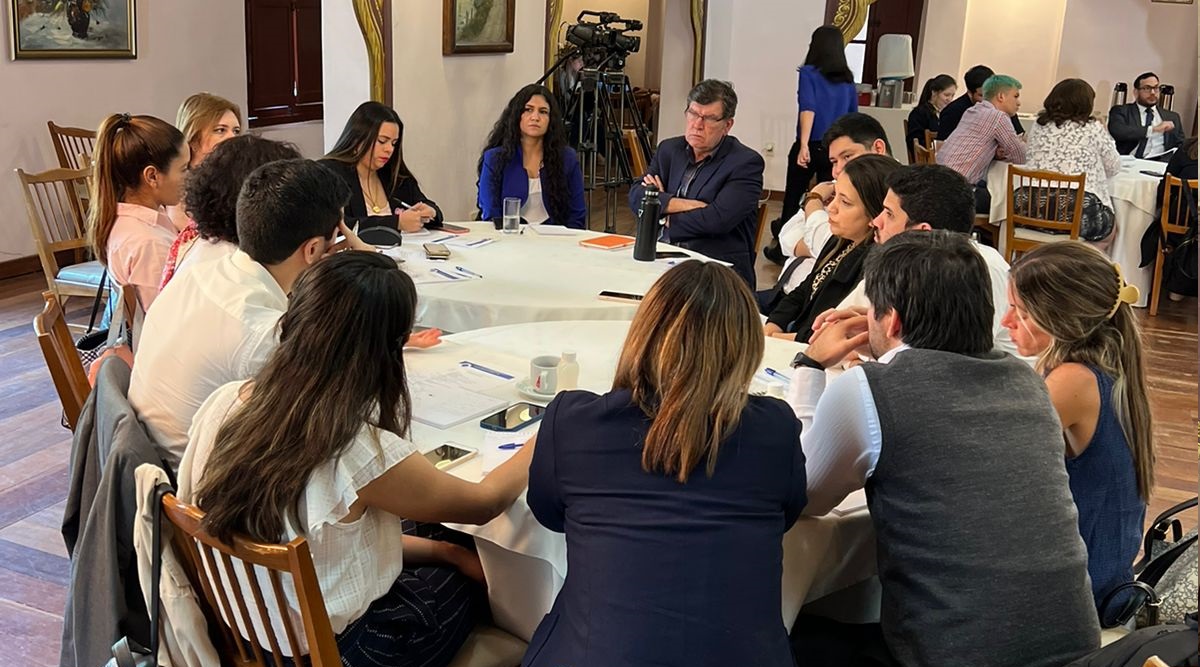
The aim of this pilot is also to allow for the dialogues at national level to feed into the work of the cohorts at global level. As such, the country dialogues that have been organized in four pilot countries have contributed to the menu of possible commitments drafted by the Youth Political and Civic Engagement Cohort. The Youth cohort is one of a dozen Democracy Cohorts which were created around the S4D process to take action towards the implementation of commitments in areas of common interest during the Year of Action. They are co-led by governments and CSOs providing opportunities for meaningful dialogue and collaboration between governments and organizations on issues vital to good governance and democratic renewal within the framework of the S4D. Moreover, young people from Kenya and Paraguay have been invited to share their experience during the Youth cohort meeting in December 2022.
Though much of the focus of these country dialogues has been on developing model recommendations focusing on youth, the four reports touched upon wider aspects, including devolution of power and decentralisation—in the Kenya report, and elections—in the one from Moldova. In that sense, the work done in the four countries could also feed into other Democracy Cohorts and hence have further positive impact on the S4D process.
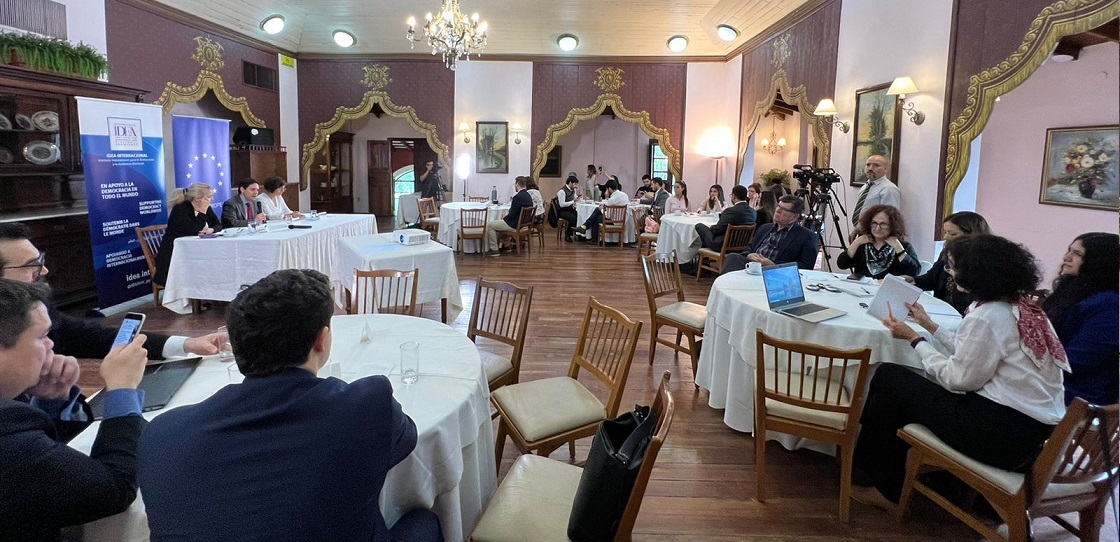
More initiatives focusing on enhancing the knowledge and awareness of grassroot national civil society on the S4D are desperately needed to ensure that they are able take their rightful place in this multi stakeholder initiative. It is only through their daily dedication to democracy that global initiatives, such as the Summit for Democracy, can truly succeed.
